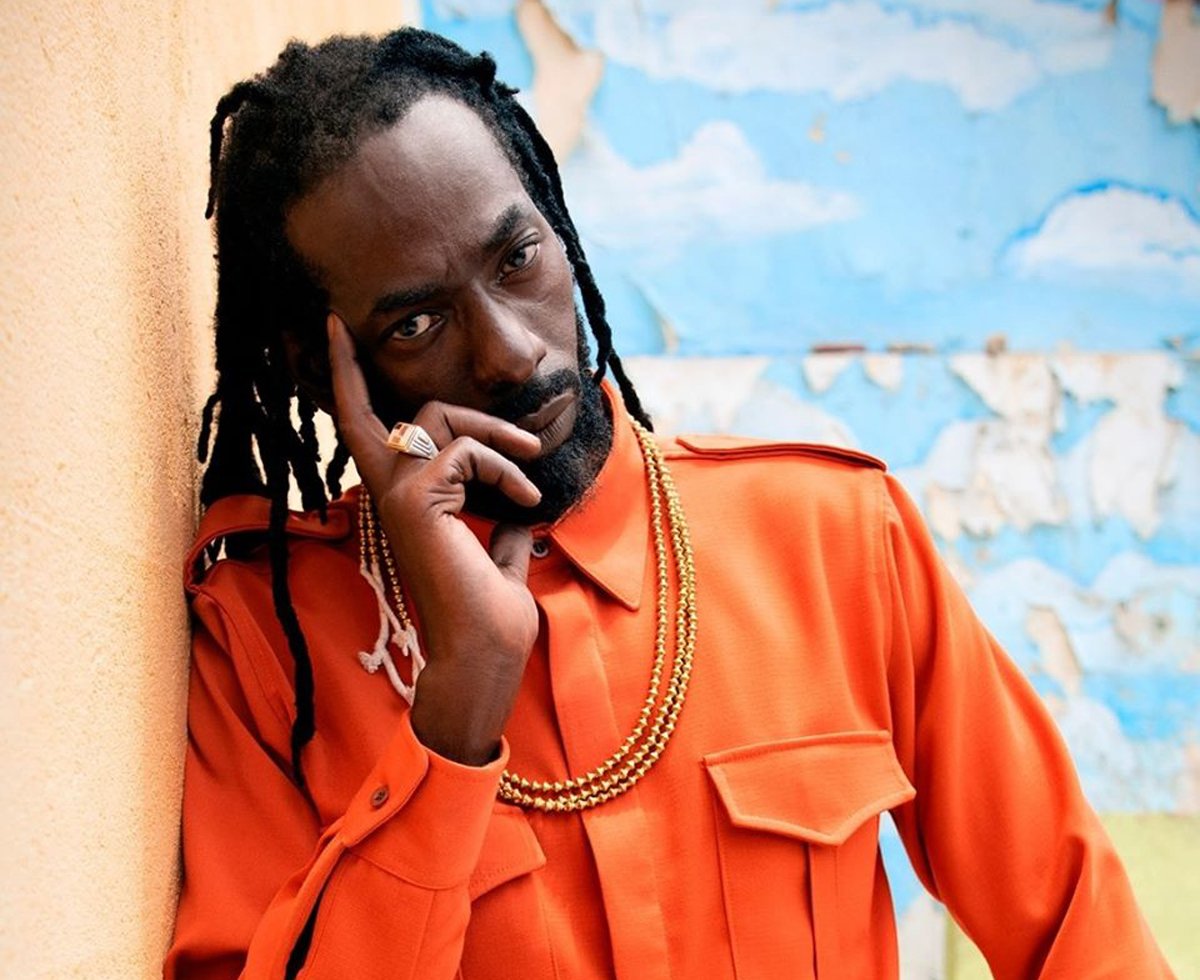Buju Banton: Turning Legacy Into Streams

Buju Banton is breaking new ground for the music business in Jamaica. Since his release from prison he has been contributing artistically and through interviews to the narrative surrounding reggae and dancehall music.
His BBC interview sparked conversations in the industry when he placed reggae-dancehall music in the international context as he critiqued the output of newcomers.
His tour which started in Jamaica pulled audiences not seen since the Bob Marley concert in 1978.
Buju Banton did 86 months in a United States prison for drug charges that he has denied. The pundits who were expecting him to address the matter or issue an apology were left disappointed.
Professor Rupert Lewis and Jamaica’s Health Minister Dr. Christopher Tufton both gave criticisms of Buju Banton’s “Long Walk To Freedom” concert in a Gleaner article remarking that “Buju is no Mandela”.
The professor further stated that, “I admire Buju’s music, but Buju has to speak why he was in prison. There is a question mark that I have.”
The closest Banton has come to addressing his incarceration is on a song with Stephen Marley, Yes My Friend, in which he acknowledged the support given to him by Stephen while he was away.
The song itself is a celebration of him being “back on street again”. He first performed the song with visible emotions on the Welcome To Jamrock Cruise.
Buju also released a dancehall song from his upcoming Upside Down 2020 album, Trust produced by Dave Kelly which finds Buju in his element as a paranoid dancehall narrator.
The only direct apology the Island Records and Roc Nation artist issued upon his return was a statement condemning his controversial song Boom Bye Bye.
He vowed never to perform the song again and welcomed everyone to his shows.
This was a historic move on the part of Buju Banton who is revered as an icon of Dancehall-Reggae Music.
The music business flourishes with openness and collaborations and Buju has been inviting international stars to reggae dancehall music. He was featured on DJ Khaled’s platinum chart-topping album Father Of Asahd.
A video was shot in Jamaica for the hit Holy Mountain off the album with fellow reggae stars Sizzla, Mavado, and Hip Hop newcomer 070 Shake. The song now has 23M views on YouTube.
He has another song with international R&B star John Legend: Memories . The song has been number one on the Reggae iTunes and Audiomack charts.
The metrics used in the US music market to calculate the impact of a cultural icon has record sales and streams among the most important elements.
Buju however, is your favorite artist’s favorite artist. His influence has crossed genres and demographic with his timeless catalogue which has been streamed 391 million times on Pandora.
He recently complained in a statement aired on the Breakfast Club that the reason why reggae and dancehall isn’t mainstream is because the music is “uplifting from the inside”. He further stated that “what is right is considered wrong and everything is upside down.”
Every now and then a song comes along with substance but in many instances the Billboard Hot 100 features songs culturally skewed towards materialism, marijuana, and sexual stimulations. All subjects touched on by Buju Banton earlier in his career.
The Grammy winner’s iconic journey, if he manages to translate to the new audiences may be likened to Michael Jordan who left The NBA Basketball and came back to even more success.
Albeit Buju’s reason for leaving music was involuntary. He is back to pick up where he left off and people are anticipating a top-performing comeback album.
Social Media
Buju Banton was taken away in 2010, a time when social media was not as prevalent as it is today. There was a time when the mystique of an artist added value to his presentation.
Fans are now less attentive and want to feel like they are a part of the creative process. In the mainstream markets, fans follow trends from inclusive social media challenges, that allow them to make their own impressions of the music. In his own words he quipped: “I will get it, you’ll see”, on an instagram post.
Shaggy is one Jamaican artist who recently managed to “get it” by using social media to translate into streaming numbers. His collaboration Banana, with Conkarah was remixed by DJ FLE, and within a week gained five hundred thousand streams on Spotify. It went to the top of the TiK Tok charts and currently has over 26 million videos made by fans.
BUJU’s album is predicted to go number one on the Billboard Reggae albums charts because an artist needs to sell less than two thousand units to make it to the top each week. The challenge lies in making an impression on the Hot 100 or Billboard 200 albums chart.
As one of the few Jamaican artists with a million Instagram followers, Buju can leverage his followers into quality fans through targeted engagement. Instagram Live and Tik Tok challenges are only the beginning of what may be done through creative marketing and remixes.
Buju shared during his online album listening session recently that “…we are to be blamed if the music is not received internationally.”
It is a great thing for Buju to take responsibility for the success and receptiveness if his music. If he adapts to the new ways of consumption and make the album and singles rollout experience shareable to his million followers he will see increase in his streams.
Email: worldmusicviews@gmail.com.
